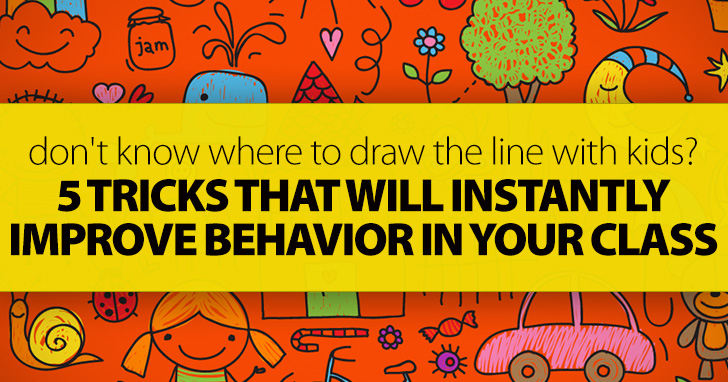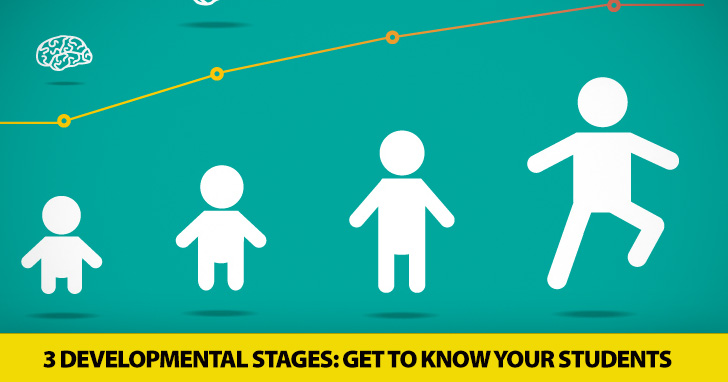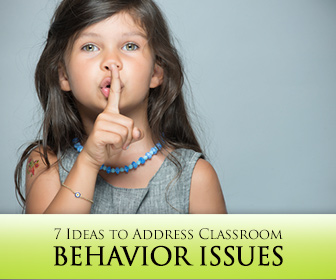When You Don't Know Where To Draw The Line With Kids: 5 Tricks That Will Instantly Improve Behavior In Your Class


Each age offers an incredible variety of surprises. As children grow, what they are able to do increases and becomes more and more sophisticated. That's why, as a teacher, you need to know what kids can do at certain ages and what comes naturally to them, also, what the challenges are. Knowing this can help you choose the right games, activities and material. Psychologists and development researchers have proposed several different theories to describe and explain the process and stages that children go through as they develop. Some tend to focus on the developmental milestones, or specific achievements that children reach by a certain age. Though age is not the only thing that determines how kids develop because all children are unique, doing some research is definitely worth it. This information can go a long way toward giving you the advantage of knowing where to aim and what to avoid. So, with this in mind , let's take a look at some developmental stages and get to know the kids. We'll just cover stages ESL teachers are often in contact with.

Children change a lot from one year to the other and so do their abilities. Between ages 4-5 kids :
Teachers who work with kids at this stage should:
At this stage there are signs of growing independence. This is great because there is a lot more you can do with them. Let's take a look at some common characteristics.
Teachers who work with kids at this stage should:
Now it's time to discuss our next stage. This one includes teens and the secret here is simply to understand what they are going through. Let's take a look at some typical characteristics of what they are like at this stage.
Teachers who work with kids at this stage should:
Many children reach some or most of these milestones at different times. Keep in mind that each child develops in a unique way; however, using norms helps in understanding these general patterns of development.


